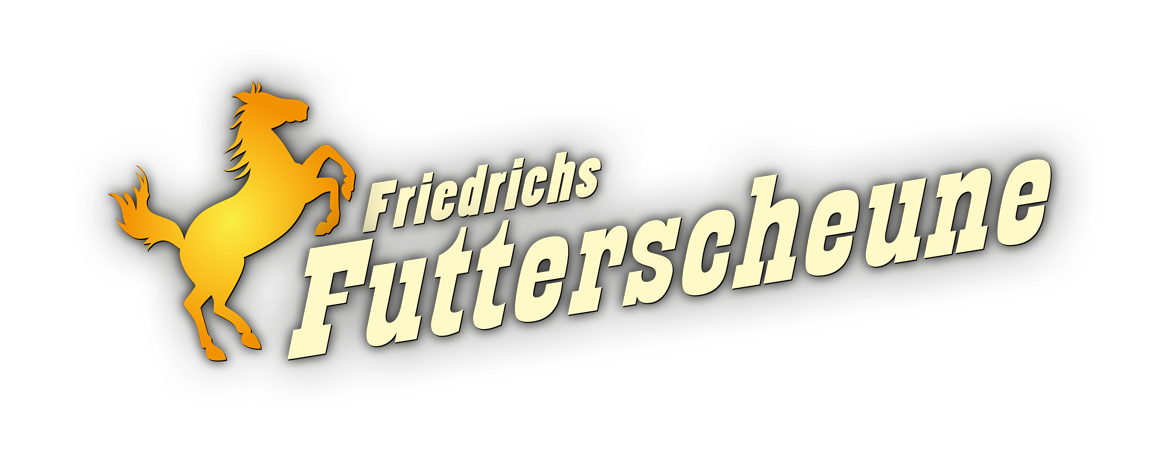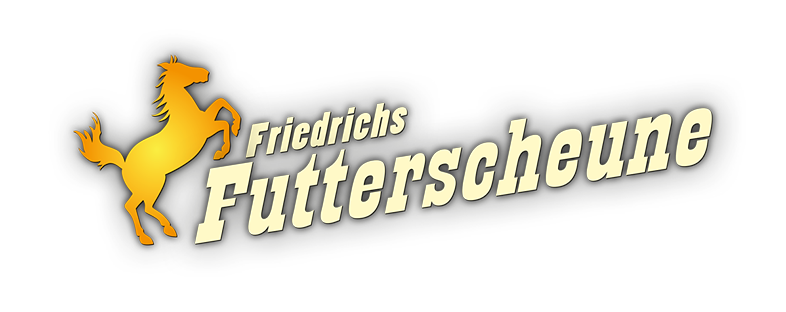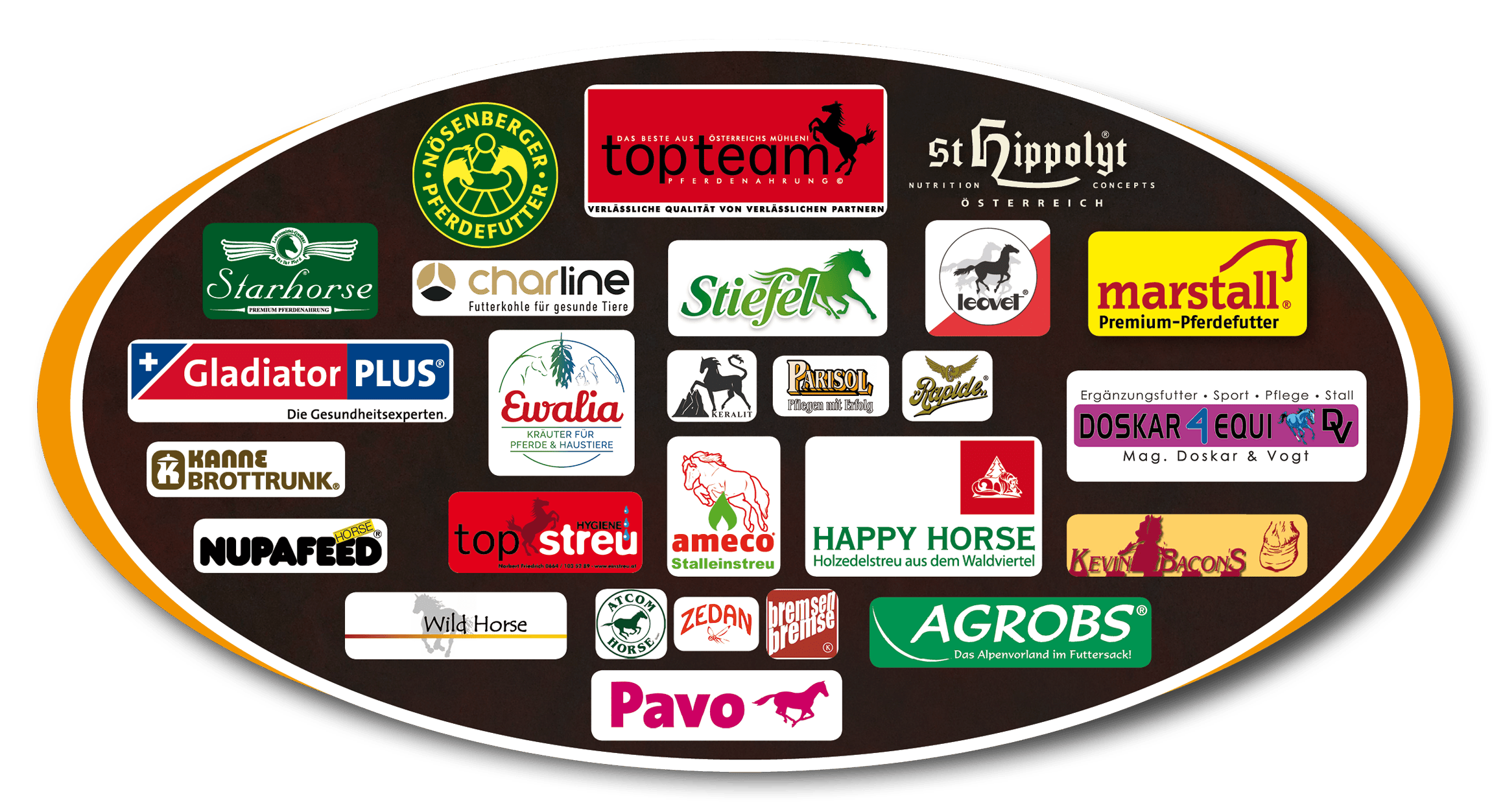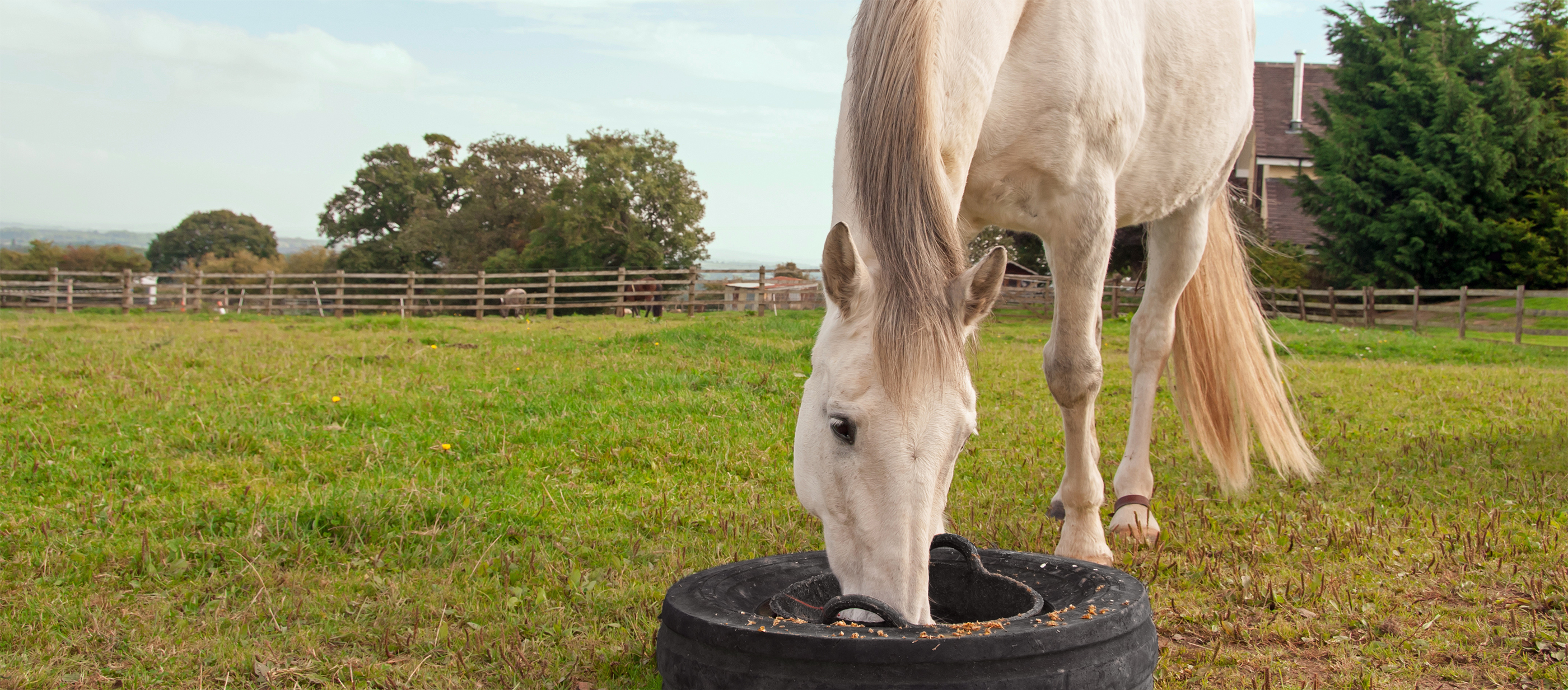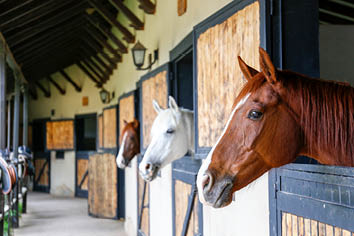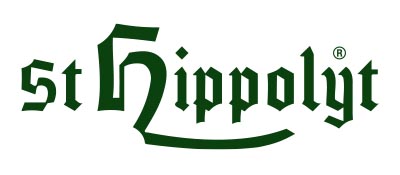
-
Brands
- Agrobs
- Ballistol
- Carr & Day & Martin
- Cavalor
- Charline
- Doskar4Equi
- Dr. Weyrauch
- Effax
- Effol
- Eggersmann
- Ewalia
- Fixkraft
- Gladiator Plus
- Höveler
- Huföl
- Josera
- Kanne
- KERBL Stallbedarf
- KevinBacon's
- Leovet
- Marstall
- Mühldorfer
- Nature´s Best/ Derby
- Nösenberger
- Pavo
- Starhorse
- Steinkraft
- Stiefel
- St. Hippolyt
- TopTeam
- WildHorse
- weitere Marken
- Horse feed
- Seeds
- Various animal feed
- Treats
- Care
- Bedding
- According to needs
- Stable supplies
- Stable pharmacy
- Leather care
- Dog & Human
- Food recommendation
€81.55*
Available, delivery time: 1-3 days
Brewer's yeast, lucerne chaff, oilseed mixture finely cracked (linseed, sunflower seeds) 14 %, herbs (field horsetail, fenugreek seeds, nettle, camomile, turmeric, rosemary) 11 %, oil mixture cold-pressed (linseed, sunflower oil) 6 %, millet, maize germ, malt yeast seasoning, seaweed meal, grape seed extract, Himalayan salt, garlic, barley flakes, spirulina algae, pea protein, magnesium acetate, wheat bran, carrots, vinegar, apple syrup, salt
Product information "St. Hippolyt Ungulat 10kg"
With its effective nutrient composition, St. Hippolyt Ungulat contributes to the promotion of robust and resilient hooves. Hooves form the foundation of a horse. Grooves, cracks, poor consistency and impaired growth are signs of a specific nutrient deficiency that should be compensated for with an adapted feed.
Better horn growth
The scaffold protein keratin, which has a characteristic amino acid pattern, is the main component of the hoof horn. A deficiency of amino acids such as methionine, cysteine, lysine, proline and glycine is remedied either with Ungulat or with natural protein sources such as brewer's yeast, oilseeds, chlorella algae and herbs.
Improving hoof quality
Important, strengthening structural components of the hoof horn are mineral substances such as zinc, manganese, copper, iron, organic sulphur compounds, silicon and calcium. These nutrients are predominantly present in natural binding forms in optimum proportions and for improved bioavailability. Unsaturated fatty acids, which are very important for the elasticity and flexibility of the hoof horn, are supplied by gently cold-pressed linseed oil. Cell building blocks (nucleotides) ensure an optimised cell division rate and improved horn structure.
Better nutrient absorption
To promote and protect digestion and thus improve the body's own biotin production, Ungulat supplies enzyme-rich cereal germs, garlic, linseed, brewer's yeast, camomile, millet, vitamin A and the trace element cobalt.
Transport of substances into the hoof
A well-perfused hoof corium is the prerequisite for the transport of substances into the hoof complex. Ungulat contains garlic, unsaturated fatty acids, grape seed extracts and other vascular protection factors. These nutrients help to maintain blood flow and protect the fine blood vessels right through to the corium. - Rich in keratin-forming amino acids - Contains nucleotides (regulatory cell building blocks) - Highly bioavailable trace elements - Special herbal composition
Brewer's yeast, lucerne chaff, oilseed mixture finely cracked (linseed, sunflower seeds) 14 %, herbs (field horsetail, fenugreek seeds, nettle, camomile, turmeric, rosemary) 11 %, oil mixture cold-pressed (linseed, sunflower oil) 6 %, millet, maize germ, malt yeast seasoning, seaweed meal, grape seed extract, Himalayan salt, garlic, barley flakes, spirulina algae, pea protein, magnesium acetate, wheat bran, carrots, vinegar, apple syrup, salt
| Ingredients | |
|---|---|
| Crude protein | 19,00 % |
| crude fat | 12,00 % |
| crude fibre | 9,40 % |
| crude ash | 16,00 % |
| calcium | 1,80 % |
| phosphorus | 0,50 % |
| magnesium | 0,45 % |
| sodium | 0,30 % |
| potassium | 0,90 % |
| lysine | 1,00 % |
| methionine | 2,00 % |
| cysteine | 0,25 % |
| Additives per kg | |
| Nutritional and physiological additives | |
| Vitamin A 3a672a | 30 000 IU |
| Vitamin D3 3a671 | 3 300 IU |
| Vitamin E 3a700 | 900.0 mg |
| Vitamin C 3a300 | 10 000,0 mg |
| Vitamin B1 3a821 | 100.0 mg |
| Vitamin B2 / Riboflavin 3a825i | 140.0 mg |
| Vitamin B6 / pyridoxine hydrochloride 3a831 | 70.0 mg |
| Vitamin B12 / cyanocobalamin | 200.0 mcg |
| Biotin 3a880 | 80 000.0 mcg |
| Calcium D-pantothenate 3a841 | 112.0 mg |
| Choline chloride 3a890 | 1 600,0 mg |
| Niacin 3a314 | 220.0 mg |
| Folic acid 3a316 | 30.0 mg |
| Iron as iron(II) sulphate monohydrate 3b103 and | |
| Iron(II) glycine chelate hydrate 3b108 | 800.0 mg |
| Zinc as zinc sulphate, monohydrate 3b605 and | |
| glycine zinc chelate hydrate 3b607 | 2 500.0 mg |
| Manganese as manganese(II) sulphate, monohydrate 3b503 and | |
| Glycine manganese chelate hydrate 3b506 | 1 100.0 mg |
| Copper as copper(II) sulphate pentahydrate 3b405 and | |
| copper(II) glycine chelate hydrate 3b413 | 540.0 mg |
| Cobalt as coated cobalt(II) carbonate granules 3b304 | 10.0 mg |
| Selenium as selenium yeast from Saccharomyces cerevisiae CNCM I-3060, inactivated 3b810 | 2.8 mg |
| Iodine as calcium iodate, anhydrous 3b202 | 3.3 mg |
Offer approx. 40 g per 100 kg body weight and day mixed with the manger feed.
Note: No additional mineralisation is necessary above this amount.
For supportive feeding, approx. 20 g per 100 kg body weight per day is sufficient.
1 measuring cup corresponds to approx. 110 g
0 of 0 reviews
Average rating of 0 out of 5 stars
Login
